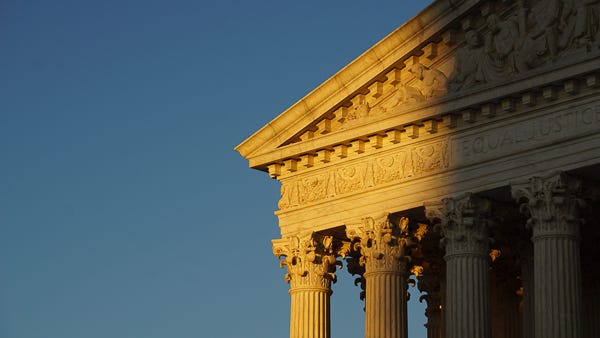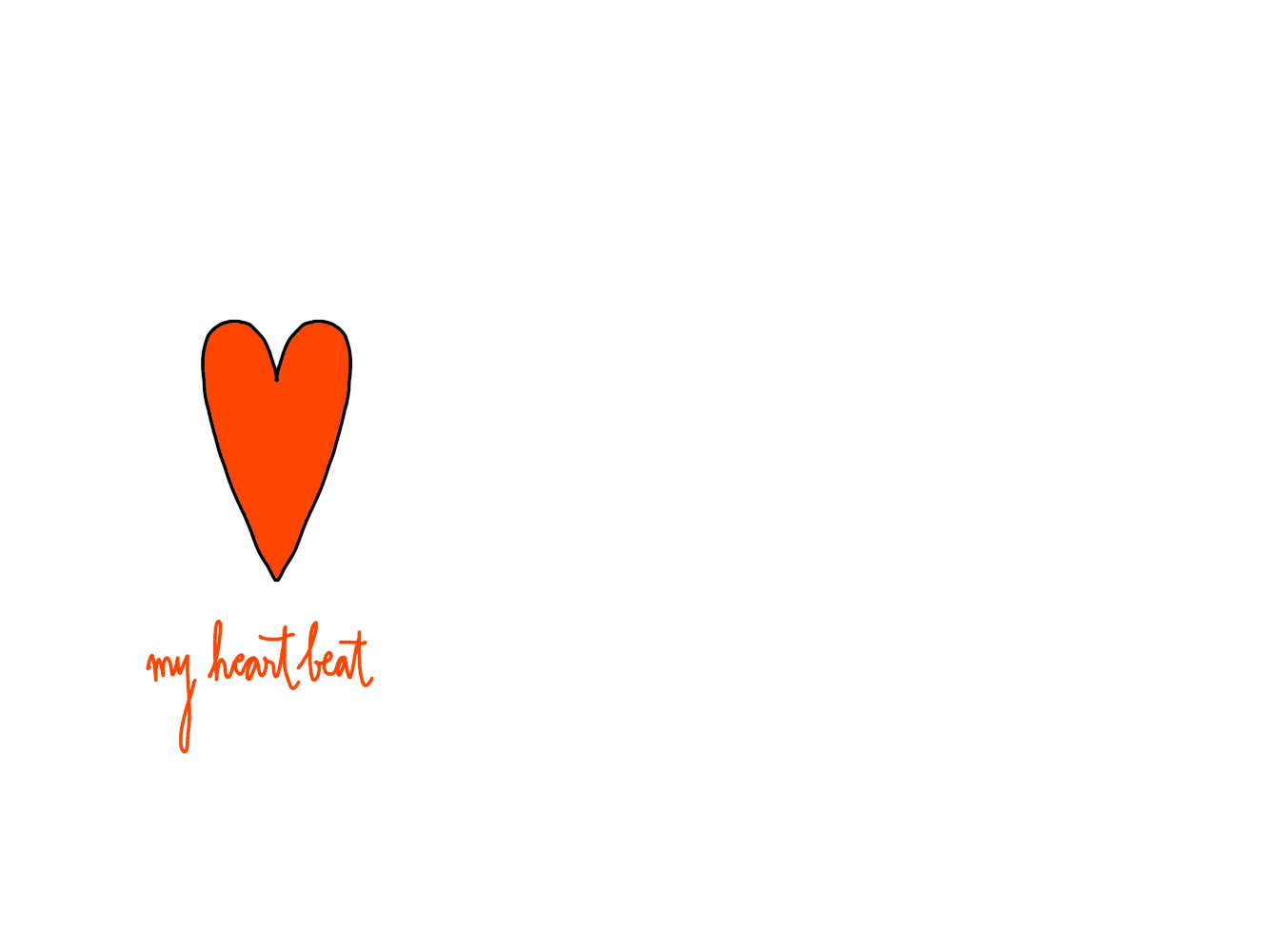Week 22.26 Honestly
I wish this post were unnecessary. Recent events have highlighted something that my fellow 100 Coaches and I understand honesty is essential to leadership. Without honesty, people will not follow because they don't know what you stand for. Lack of honesty corrodes organizations and cultures from the inside, leaving them depleted shells. It can be expedient to lie, but today more than ever, the cost is high. I know that sometimes it feels like those who mislead gain the advantage, and in the short term, that may be true.
Honesty creates visibility. One of the leader's most challenging jobs is to see what is happening within the organization. Being open and honest makes it possible to model the behavior you seek in the organization and have it reciprocated. Even better, communicate that honesty when delivering bad news is highly valued. In his book, The Earned Life, Marshall describes how Alan Mulally led Business Plan Review meetings which he instituted in 2006 at the Ford Motor Company when he became CEO. Each manager was expected to follow Alan's format note for note: name, rank, plan, and the color-coded scores grading progress on their portfolio of projects, all in five minutes. At first, no one was willing to report red—i.e., admitting a weak spot in their division— and test Alan's promise of transparency with no reprisal. A month into Alan's tenure, when the head of North America reported the first red at a shut-down Canadian production line, Alan applauded him for his honesty and visibility, a response that wasn't lost on the room.
Honesty is healthy. Ron Carucci's book, To Be Honest, articulates how an honest business is healthier. According to Carucci, the world is clamoring for insights on ways to live lives and become organizations of purpose. Purpose-driven companies outperform competitors on many levels, and employees are so eager to have meaning in their work that they'll take pay cuts to get it. As judged by their financial performance on the NASDAQ and NYSE from 1999 to 2019, purpose-driven companies outperformed similar S&P 500 companies by 100 percent. Ron makes that case you and your organization can be healthier, higher-performing and significantly more competitive, and more joyful with honesty, the combination of truth (telling it respectfully and directly), justice (doing the right and fair thing), and purpose, (serving a greater good).
Honesty is good business. As CEO of Best Buy, Hubert Joly, author of The Heart of Business, acknowledges that we all agree on what is right: honesty, respect, responsibility, fairness, and compassion. On paper, every company has great values. But values are no good if they remain on paper. He cites Harvard Professor Clayton Christensen, who points out that it is easier to stick to your principles 100 percent of the time than it is to stick to them 98 percent of the time: the marginal cost of doing something that goes against your values "just this once" might appear temptingly low, but it may ultimately land you in jail, as the waters get muddier and muddier once the first exception gets made. So, if you refuse to give in to the "just this once" and remember to tell the truth and do what's right, choices become easier.
I am hopeful that we have reached the apogee of dishonesty. As the truth becomes more scarce, it becomes more valuable. In life and leadership, change starts with us. Simple, honest communication, removing the threat of retribution from sharing the truth, and sharing the bad news as well as good news will be the attributes of the leaders of the future. And we, dear readers, want to be the leaders of the tomorrow, not the leaders of the past. I believe, and I hope you do too, that we want to live The Earned Life, have the ambition, To Be Honest, and change the Heart of Business. In life and leadership, we are the trim tabs of change, seemingly small actions that lead to significant differences. We are not there yet, but we can create the Era of Honesty together.
The Project Economy Has Arrived by Antonio Nieto-Rodriguez
Great projects don’t just make work better—they make the world better. If managers and organizations want to build the competencies required to transform themselves and thrive in the new project economy, they’ll need to get comfortable devising strategies that are driven not by efficiency but by change. They’ll need to allocate more resources, budgets, and decision-making power to projects and project teams at the expense of the traditional departmental hierarchy. They’ll need a simple framework, such as the project canvas so that everybody in their organizations can get involved. They’ll need to build project management competencies and adopt new technologies. They’ll need to encourage a shift in focus from inputs and outputs to outcomes and value. They’ll need to broaden the scope of their ambitions for their projects, by including, for example, a focus on diversity and sustainability. If all of us as leaders can do these things, just imagine what we’ll collectively make possible: By executing our projects better, we’ll be able to provide trillions of dollars worth of additional benefits to the world.
What would an Amazon bank look like?
Over the years, I’ve seen my fair share of lack of common sense – or what I call ‘nonsense’ – describing banking procedures. For instance, consider the well-known bank that was required to warn its clients well in advance of an investigation if they suspected money laundering activity on the client’s account Later on, an executive told me that actual investigations never found anything. I wonder why. Accessibility and convenience led Amazon to introduce 1-click, introduced the Amazon Go store where no checkouts are needed, and placed more than 100 million Alexas in homes across the world. They’ve not only made their services accessible but contextual. Their services are present whenever the purchase moment occurs. This would be the driving principle of an Amazon bank. Amazon will do all the stuff every customer dreams of, but has given up from their conventional bank. Of course, banks can argue that these are nearly impossible dreams. But the booksellers, publishing houses, retailers, supermarket chains, and data warehouses all said the same, while customers mirrored the smile in the Amazon logo … or was it Amazon mirroring the smile in its customers’ faces?
So, what is a dichotomy? Jenny Fernandez
By definition, it’s a “division or separation between two things, stressing that the two are different.” At the same time, there are elements of duality, “where the two things are similar, aspects of the same thing.” Over tea, I realized a few things about myself. I am an Extrovert and have Introvert tendencies, especially when I need to recharge. I am reserved about my personal life and love sharing vulnerably at the right moments. I am quiet (wait to speak up) and loud (voice and laughter). I am an optimist (dreamer/Pisces) and very much a realist. I am excellent at execution/operations and I am a strategist/innovator. I am a teacher/professor and a life-long learner. When asked to visually show one dichotomy, I had an epiphany. When I drew OC for Open and Closed book, I realized O is a closed shape and C is open. 🤯 Dichotomies and dualities… opposing and in harmony. 😃











